José Boisjoli’s CV at BRP
Under Boisjoli’s tenure, the stand-alone organization, which has known no other CEO, tripled its revenue and market share so that one in every three powersports products sold across the globe bears the BRP logo, according to the Valcourt, Que.-based company.
Boisjoli—an engineer by training who grew up a half-hour’s drive from that town, received his first snowmobile at age 10 and joined Bombardier Inc. in 1989—shepherded BRP through its initial public offering in 2013 and more than doubled its head count to 16,500 employees over the past decade.
Challenges for BRP
After an urge for outdoor activity sparked a sales boom during the COVID-19 pandemic, buyers responded to inflation and interest rate hikes by pulling back from pricey recreational purchases.
Now, tit-for-tat tariffs have raised costs and, more alarmingly for Boisjoli, fostered a wait-and-see approach to consumption.
“The biggest risk for all of us in the industry is the uncertainty that it creates in the customer confidence. Many are on the fence and they’re waiting to have better visibility before they will buy our products,” he told analysts on a conference call on Thursday.
Buying Canadian and tariffs
All BRP vehicles made in Canada and Mexico are compliant with the North American trade pact, he said, which allows American buyers to avoid 25% tariffs (a U.S. court ruled them illegal Wednesday, but their fate remains fluid, with a federal appeals court freezing that decision Thursday).
That compliance is key, since some 60% of BRP’s revenue stems from the U.S. Most of the inventory sold there is made in Mexico—70% of total production happens south of the Rio Grande—or Canada, where Ski-Doos and some of its Can-Am three-wheelers roll off the line.
But U.S. tariffs against other countries, especially China, which faces duties of roughly 30%, will shave $60 million to $70 million off its revenue this year, projected chief financial officer Sébastien Martel. The dent comes from its parts, accessories and apparel segment “and some of our U.S. suppliers, which in turn is impacting us.”
BRP’s healthy earnings report
Nonetheless, BRP reported soaring first-quarter profits of $161 million, a leap of 279% from a year earlier, and the first time since 2023 that quarterly net earnings have notched triple digits. The company attributed the leap to lower operating costs and a favourable foreign exchange rate for U.S.-denominated long-term debt.
Healthier margins along with new products set to launch in August helped push the company’s share price up nearly 13% on Thursday to close at $56 on the Toronto Stock Exchange. The stock remains down 37% from a year ago.
BRP enjoyed record retail sales for Canada in the first quarter thanks largely to end-of-season snowmobile purchases. More broadly, though, lower sales across most product lines drove a 7% drop in total revenue year-over-year, as consumers tighten their purse strings and dealers hold off on inventory build-ups.
Like the rest of the economy, there’s uncertainty for BRP
National Bank analyst Cameron Doerksen said BRP is “likely at the earnings trough.”
“However, there remains significant uncertainty around how consumer demand will ultimately recover and the tariff situation, while manageable for now for BRP, remains a risk,” he said in a note to investors.
That uncertainty was reflected in BRP’s decision to continue to hold off on a financial outlook for the year.
“For the back half of the year, things remain more difficult to forecast,” Boisjoli said, citing the “evolving tariff environment.”
On Thursday, BRP reported first-quarter revenue totalled $1.85 billion compared with just shy of $2 billion the year before.
On a normalized basis, BRP earned $0.47 per diluted share in the three months ended April 30 compared with a $1.58 in the same period a year ago. However, the result beat expectations of $0.40 per diluted share, according to financial markets firm LSEG Data & Analytics.
When asked what part of his time at the top gives him the most pride, Boisjoli stuck to the numbers: “We had two product lines profitable, two were not profitable, in 2003. Today we have seven profitable product lines.”






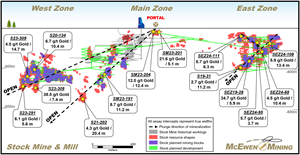
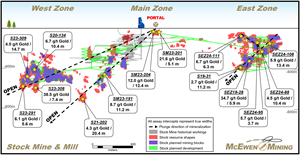




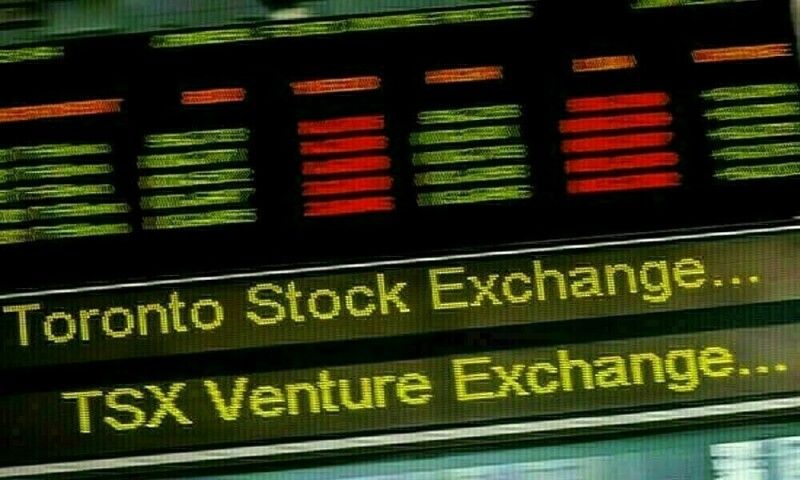
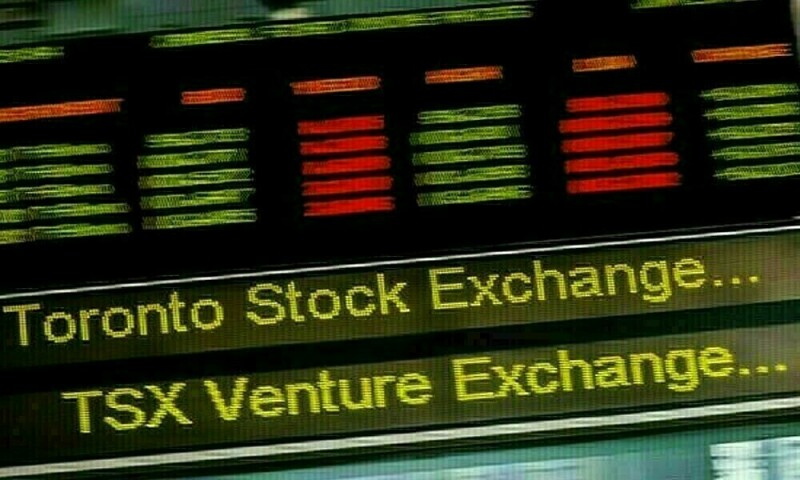




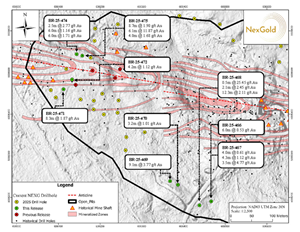

Comments